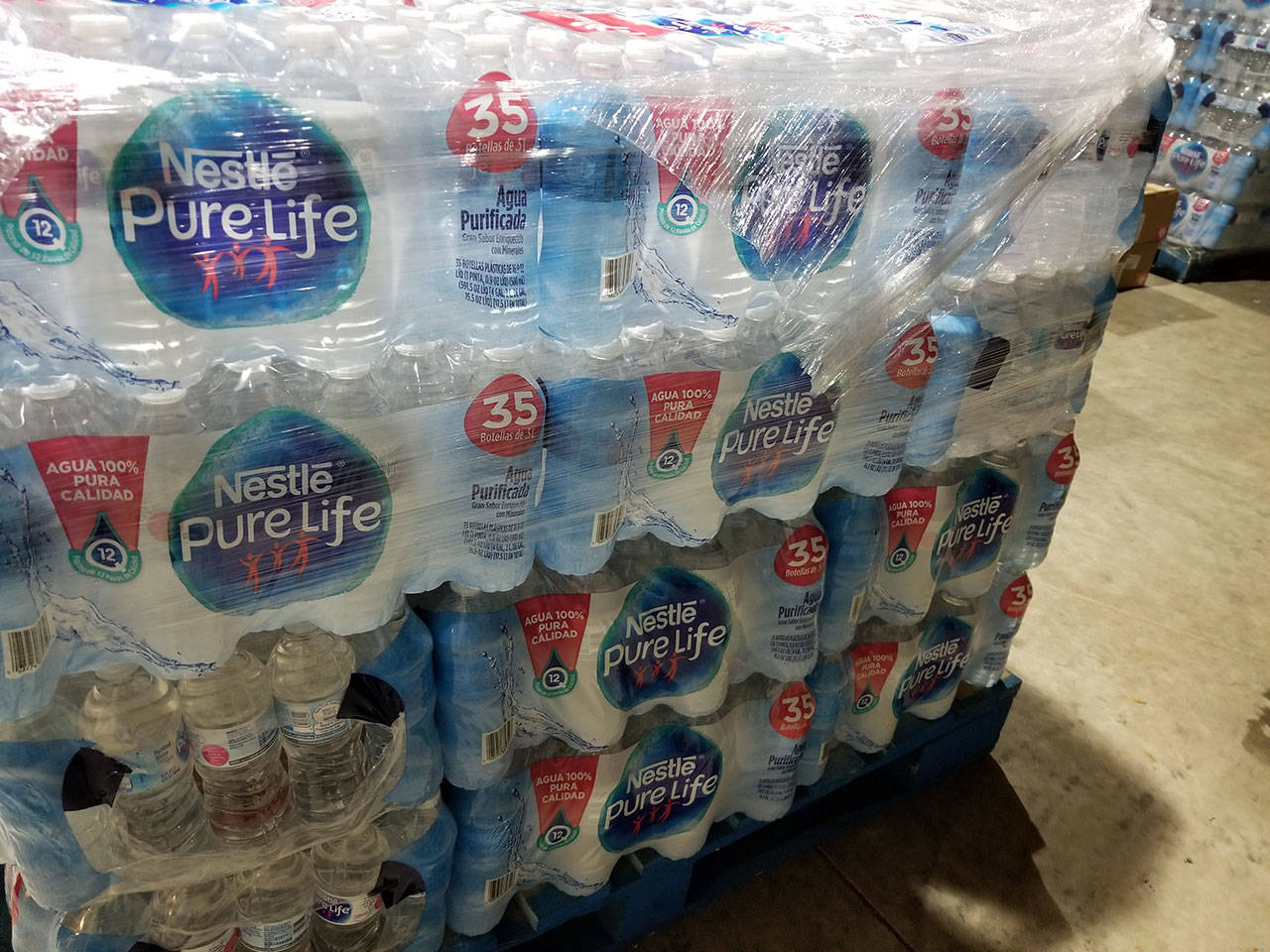Sallal Water Association lifted the “do not drink” order for 82 North Bend homes after someone vandalized a water tank, potentially tainting the water. The order was in place for longer than a week.
Residents in the Riverpoint neighborhood went about 10 days under the no-drink order and could still use water for bathing and washing clothes. The Snoqualmie Tribe donated bottled water during the ban, and Sallal offered to deliver it to residents as they cleaned the tank and tested the water.
“We sincerely apologize for the inconvenience and thank you for your patience during this difficult time,” Sallal wrote in a press release.
Sallal, under direction of the Washington State Department of Health (DOH), took numerous samples for testing as operators made substantial repairs, drained the tank and chlorinated the water.
Initially, Sallal tested for coliform bacteria, one of the simplest contaminants to test for, according to authorities. Those tests also indicate breaches in the water tank. They found bacteria in a few of the samples and continued testing for other hazardous materials.
“Testing drinking water for all possible pathogens is complex, time-consuming and expensive,” The DOH website states. “It is relatively easy and inexpensive to test for coliform bacteria. If coliform bacteria are found in a water sample, water system operators work to find the source of contamination and restore safe drinking water.”
Coliform bacteria is an organism present in the soil, vegetation and feces of all warm-blooded animals. It will not likely cause illness, according to the DOH, but the presence of coliform bacteria may indicate there are other disease-causing organisms, or pathogens, in the water system, including E. coli.
There are three types of coliform bacteria highlighted by the DOH: total coliform bacteria, which is generally harmless, coming from the environment; fecal coliform bacteria, a sub-group of total coliform that would indicate recent fecal contamination; and E. coli a sub-group of fecal coliform that is mostly harmless but has specific strains that cause the well-known illness.
The DOH notes that a presence of E. coli is likely not a dangerous strain but is still a health risk.
Sallal received clean test results on Nov. 10 and the water tank is fully operational. Residents can now use water for drinking, ice and cooking.
Police have identified a possible suspect in the vandalism, and the juvenile suspect has been cooperative with police. After an interview, police confirmed the juvenile had trespassed on the property — a popular area for youths to play airsoft — but police believe the suspect may not have acted alone or even be responsible for the vandalism.
Police are still investigating and forwarded charges of trespassing and burglary to juvenile court.



